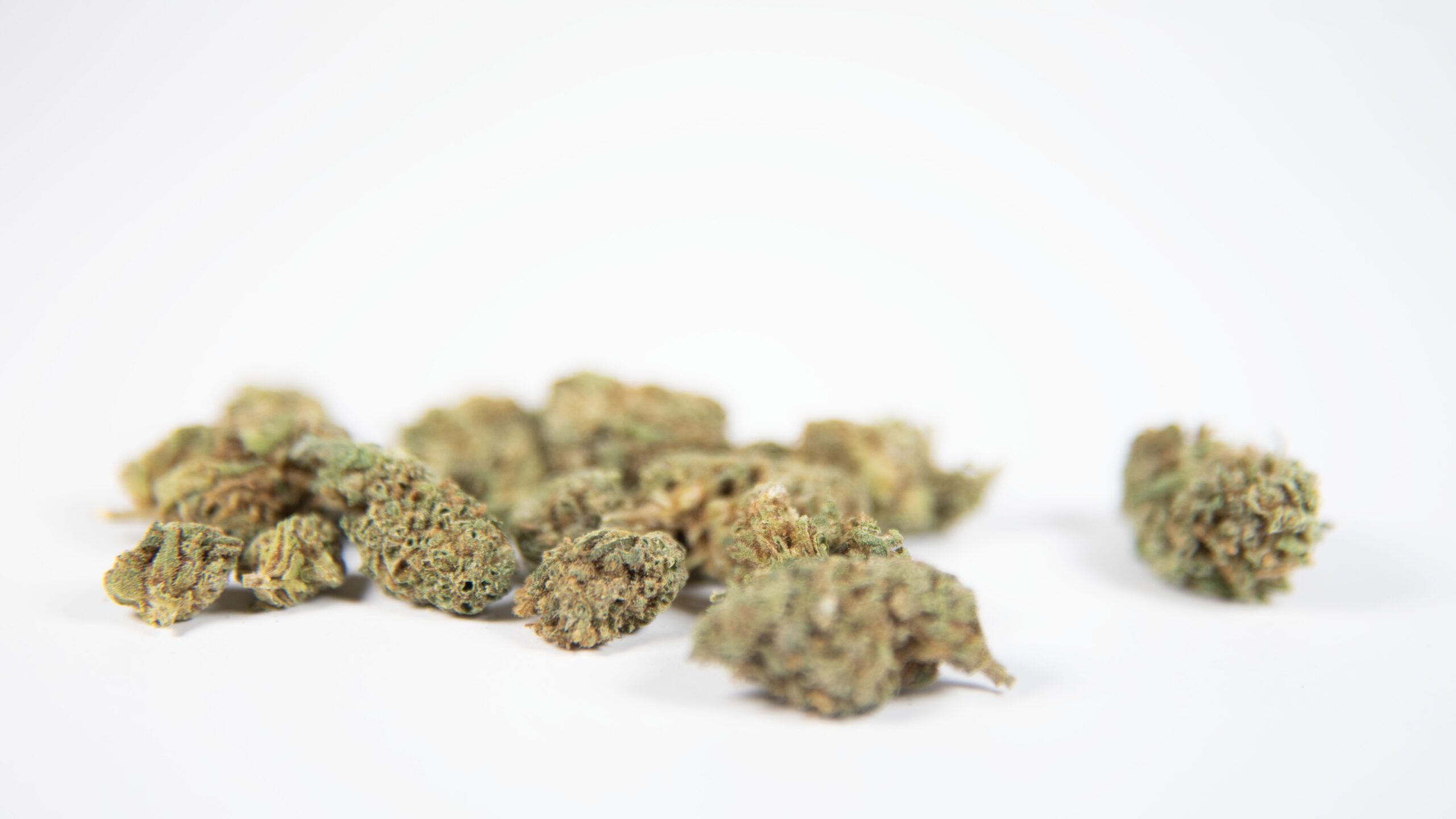In a significant and long-awaited development, the United States Department of Health and Human Services (HHS) has embarked on a journey to reevaluate the classification of cannabis, marking a pivotal moment in the nation’s evolving approach to this controversial plant. This reclassification has far-reaching implications for public health, research, and the burgeoning cannabis industry. In this blog post, we will explore the background of cannabis scheduling, the reasons behind the reclassification, and the potential impacts on various aspects of society.
The Controlled Substances Act of 1970 categorized controlled substances into five schedules, with Schedule I being the most restrictive. Cannabis has remained a Schedule I substance for over five decades, alongside substances like heroin and LSD. This classification has imposed significant restrictions on its use, research, and access, despite changing public perceptions and growing medical and recreational cannabis legalization at the state level.
Several key factors have prompted the HHS to reconsider cannabis’s classification:
- Evolving Public Opinion: A major driver is the shifting public opinion surrounding cannabis. Recent polls have shown that a majority of Americans now support its legalization for both medical and recreational use. This growing acceptance has put pressure on federal agencies to revisit their stance on cannabis.
- Medical Benefits: The mounting evidence of cannabis’s therapeutic potential has been instrumental in this decision. Numerous studies have highlighted its efficacy in managing conditions like chronic pain, epilepsy, and post-traumatic stress disorder. This has led to increased demand for cannabis-based medicines.
- Research Expansion: The restrictive Schedule I classification has impeded scientific research on cannabis. Rescheduling would facilitate greater access to cannabis for researchers, enabling them to explore its potential benefits and risks more comprehensively.
- Economic Impact: As more states legalize cannabis for recreational use, the industry has experienced significant growth. Reclassifying cannabis could open up new economic opportunities, from job creation to tax revenue generation.
The reclassification of cannabis by the HHS carries wide-ranging implications:
- Research Advancements: Rescheduling cannabis will remove many barriers to research, allowing scientists to conduct more extensive studies into its medical properties, potential risks, and long-term effects.
- Healthcare Access: Patients may have increased access to cannabis-based medications for a wider range of conditions, potentially providing alternative treatment options and reducing reliance on opioids and other addictive substances.
- Economic Growth: The cannabis industry is poised to expand further with federal reclassification, leading to job creation, increased tax revenue, and investment opportunities.
- Social Justice: Rescheduling cannabis may have positive implications for criminal justice reform, potentially leading to the expungement of prior cannabis-related convictions and reducing the burden on the criminal justice system.
- Regulation and Standardization: Federal oversight can lead to more standardized regulations for cannabis products, ensuring product safety and consistency.
While the reclassification of cannabis by the HHS is a promising development, it is not without challenges:
- Regulatory Framework: Establishing a federal regulatory framework that balances the interests of public health, industry, and individual rights will be a complex task.
- State-Federal Conflict: States that have already legalized cannabis may face challenges in reconciling their laws with potential federal regulations.
- Social Equity: Ensuring equitable access to the benefits of the cannabis industry and addressing the historical injustices related to cannabis arrests and convictions will require careful consideration.
Final Thoughts
The reclassification of cannabis by the US Department of Health and Human Services represents a significant step towards a more comprehensive and evidence-based approach to cannabis policy. While challenges lie ahead, the potential benefits in terms of research, healthcare, economics, and social justice cannot be overstated. As the nation continues to evolve its stance on cannabis, it is crucial to strike a balance between public health, individual freedoms, and economic opportunities in this rapidly changing landscape.


